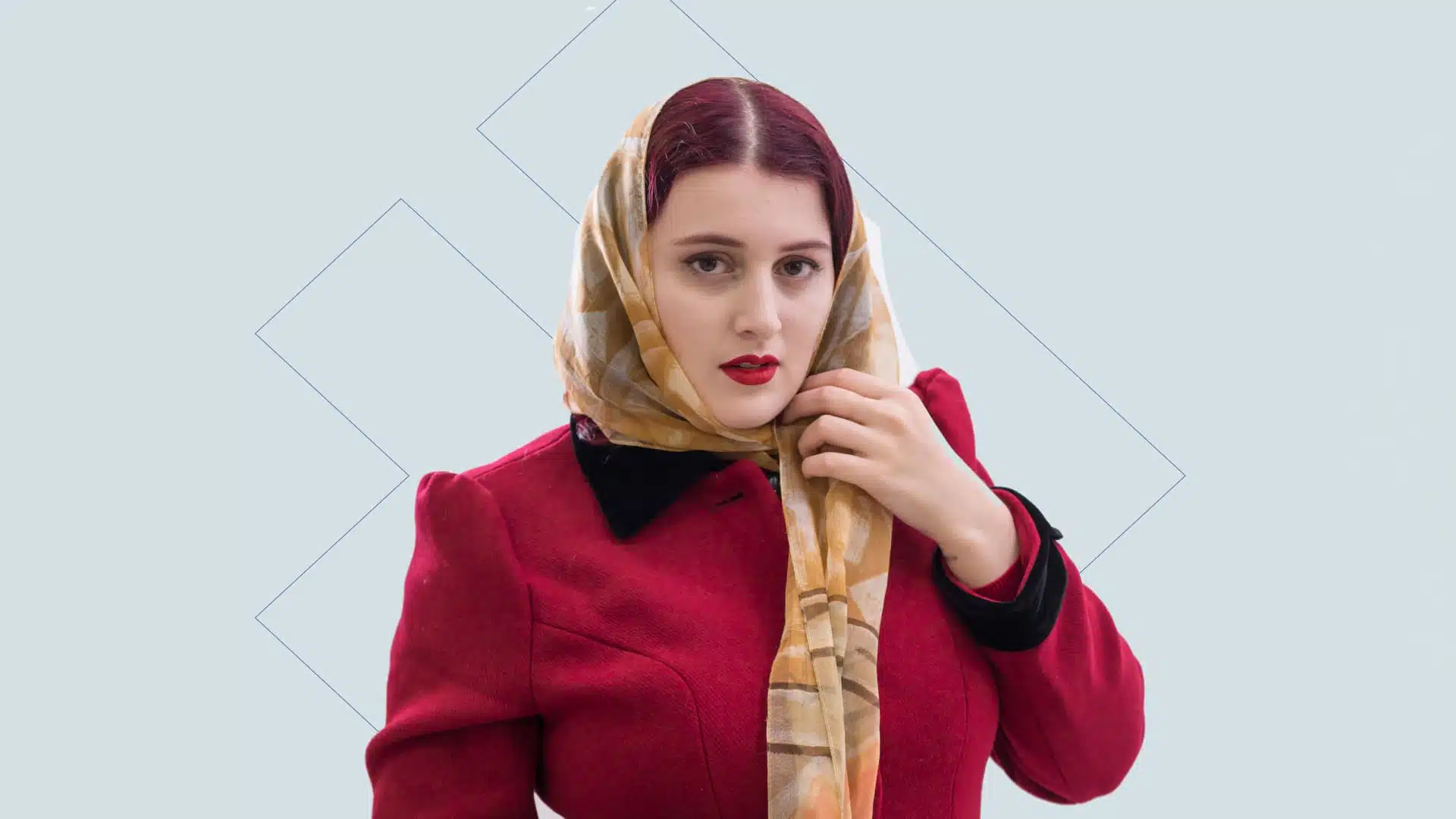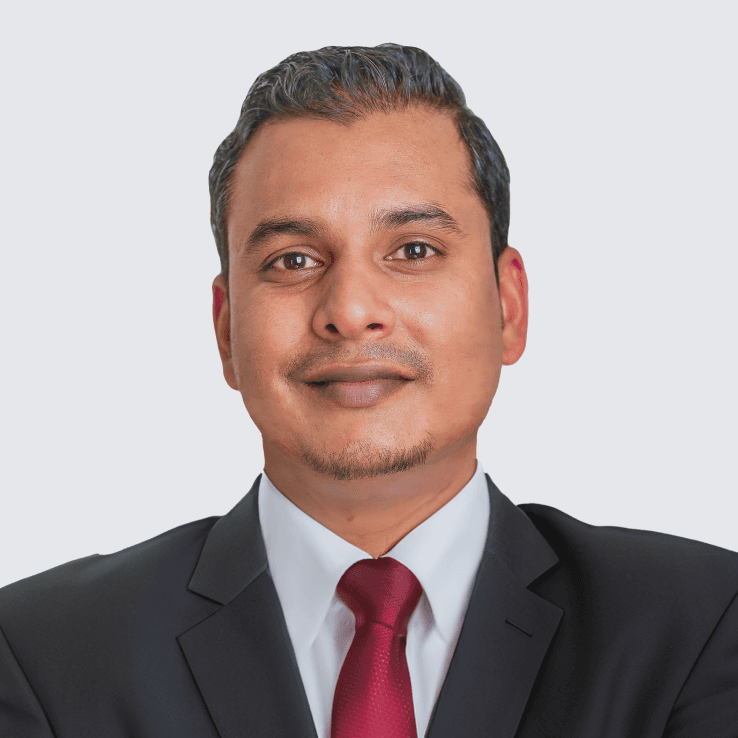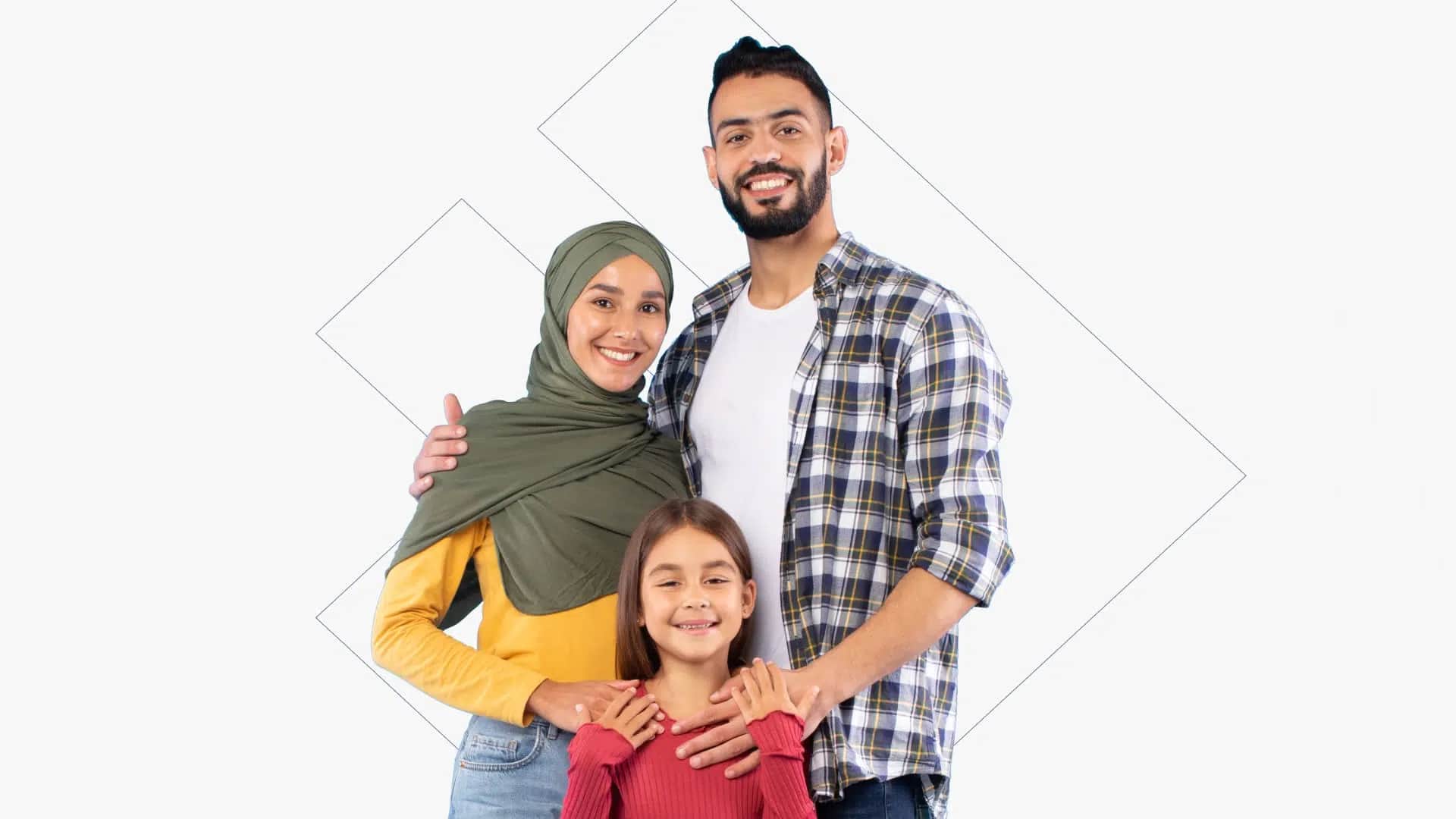Dominica citizenship for a young woman from Afghanistan: a real chance to change the life
When I decided to leave Afghanistan and applied for second citizenship, I didn’t know the Taliban would start rapidly conquering the country in May. I was scared of them and what awaited me if they seized power over the whole country.
When Talibs last governed the country [1996—2001], girls couldn’t go to school, and women couldn’t work. We had to wear burqas to go out and could not appear on the streets without a male relative. We had to marry men our fathers had chosen for us. Personally, my mum had to. My older friends also told me about women being flogged and executed.
Talibs promised not to ban women from studying and working this time, but I wouldn’t believe it. I realised I had made the right decision to leave Afghanistan. And I’m grateful to Immigrant Invest for helping me.

Farzaneh,
Self-employed custom jewelery creator from Kabul, Afghanistan
Clients’ names and photos have been changed

This case was provided by our expert

Investment programs expert
Dominica citizenship for a young woman from Afghanistan: a real chance to change the life
Why Farzaneh decided to apply for second citizenship
Farzaneh is a young woman from Afghanistan. She thought of moving abroad after her parents died in a terrorist attack performed by Talibs. Afghanistan has been in a state of civil war for many years.
At the end of 2020, Farzaneh came into an inheritance: she started owning a house she had lived in with her parents. With nothing left for her in Afghanistan except for grief and fear, Farzaneh decided to sell the property and move abroad.
In Afghanistan, women’s rights have often been violated. Farzaneh wanted to find a new home in a country where she could have freedom and choose how to live her life. It seemed to her that one of the European countries would do, as they have established and promoted equal rights for every person in the EU.
Farzaneh made a living by creating costume jewellery to order. She had a website, and her customers were both from Afghanistan and abroad, so she hoped she could keep this source of income after relocation.
Having researched the Internet, Farzaneh realised she needed to get official status in the country she wanted to live in — a residence permit or citizenship. She wished to obtain a new status as soon as possible and turned to Immigrant Invest with this request.
Why Farzaneh chose the Dominica CBI program over others
Investing was the fastest and easiest way to get a status in a new country. Farzaneh was able and ready to invest some of the money she had inherited from her parents. The budget was set at $200,000.
Several EU countries had investment programs, though none were suitable in Farzaneh’s situation. The Malta permanent residence program fell within the investor’s budget but did not allow Afghan citizens to participate. Other residence programs exceeded the budget. So, we drew Farzaneh’s attention to the Caribbean countries’ investment programs.
Five Caribbean countries — Antigua and Barbuda, Dominica, Grenada, St Kitts and Nevis and St Lucia — offered similar citizenship by investment programs. Holders of these countries’ passports could enter the Schengen, the EU and the UK without visas, making it attractive to Farzaneh.
Comparison of the Caribbean CBI programs
Regarding timing, the top favourite was the St Kitts and Nevis program because it had an accelerated mode of processing an application. Under this investment program, one could get a second passport within 3 months, compared to 5—6 months under the other programs. However, Afghanistan’s citizens are not eligible to apply for a St Kitts and Nevis passport, so this option was not further considered. And the same applied to the Antigua and Barbuda program.
Among the programs of Grenada, St Lucia and Dominica, Farzaneh wanted to choose the most inexpensive. Our manager calculated all the costs under the three programs and concluded that obtaining Dominica citizenship demanded the least expenses, so Farzaneh opted for it.

The main port of Dominica is located in its capital, Roseau. The port receives cruise ships with tourists who decide to spend their holidays in the Caribbean
How Farzaneh obtained Dominica citizenship
Consultation and the preliminary check. During the meeting with an Immigrant Invest manager, Farzaneh decided on the plan: applying for Dominica citizenship by investment.
At this preparatory stage, our Compliance Anti Money Laundering Officer also checked Farzaneh’s biography to ensure she had a good chance of getting approval. This check did not find any red flags and reduced the risk of rejection to 1%.
Preparation of documents and payment of the fees. We gave Farzaneh the list of documents she needed to collect. For our part, the lawyers filled out the government forms for Farzaneh and then had all the necessary documents translated into English and certified.
The package of documents was the following:
A passport.
A birth certificate.
Passport-size photographs.
A police clearance certificate.
A reference with HIV negative test results.
Receipts of payments of all the fees.
A bank statement for the last two years to prove solvency.
A letter of recommendation from the bank.
Death certificates of parents.
An inheritance certificate to confirm the legality of the origin of funds.
At this stage, Farzaneh paid various fees amounting to $9,500. The largest part was the Due Diligence fee: $7,500 for a single applicant. Another considerable part went for processing the application: $1,000. Another $1,000 went for the fees for issuing a passport and a naturalisation certificate and processing forms.
Submission of the application, the main Due Diligence check. The documents were sent to the Dominica CBI unit, and they started the check. In 3.5 months, we received a letter which stated Farzaneh’s application was approved.
Fulfilment of the investment condition. Farzaneh transferred $100,000 to the Dominica Economy Diversification Fund. The bank commission was $315.
Receipt of a passport. 2 weeks after the investment was confirmed, Farzaneh was issued a Dominica passport and a naturalisation certificate. A week later, she received them by courier.
$109,815 and 4 months were spent by Farzaneh to get a second passport
Consultation with Immigrant Invest and the preliminary check
Preparation of documents and payment of the fees $9,500
Submission of the application, the main Due Diligence check
Fulfilment of the investment condition $100,315
Issuance of a passport
Receipt of a passport
Farzaneh’s opportunities with a Dominica passport
Farzaneh left Afghanistan for Europe on July 10th, about a month before the Taliban captured Kabul and seized power over the country. She entered the EU on a Dominica passport without a visa.
At first, Farzaneh settled in Portugal, which is notable for a good quality of life with a comparatively low cost of living. Portugal has also ranked at the top of the most welcoming countries list, granting foreigners residence permits under attractive conditions.
If Farzaneh chooses to stay there, she can get a D7 visa and a residence permit for financially independent persons by proving she earns at least €705 a month. Farzaneh may stay in Portugal or any other EU country without a visa for 3 months.
Another option is to go to the UK. Dominica passport holders can spend up to 180 days in a row in Britain and get residence permits under a simplified procedure.
Actually, Farzaneh can visit any of the 145 visa-free destinations for Dominica citizens to find a place she would like to settle for permanent residence.
In Dominica itself, Farzaneh will be welcomed anytime. And there, she can stay for an unlimited period. Yet, visiting the country is not a must at all. Foreigners who obtain Dominica citizenship by investment are not obliged to ever live in the country or take any language tests.
Immigrant Invest is a licensed agent for government programs in the European Union and the Caribbean.












